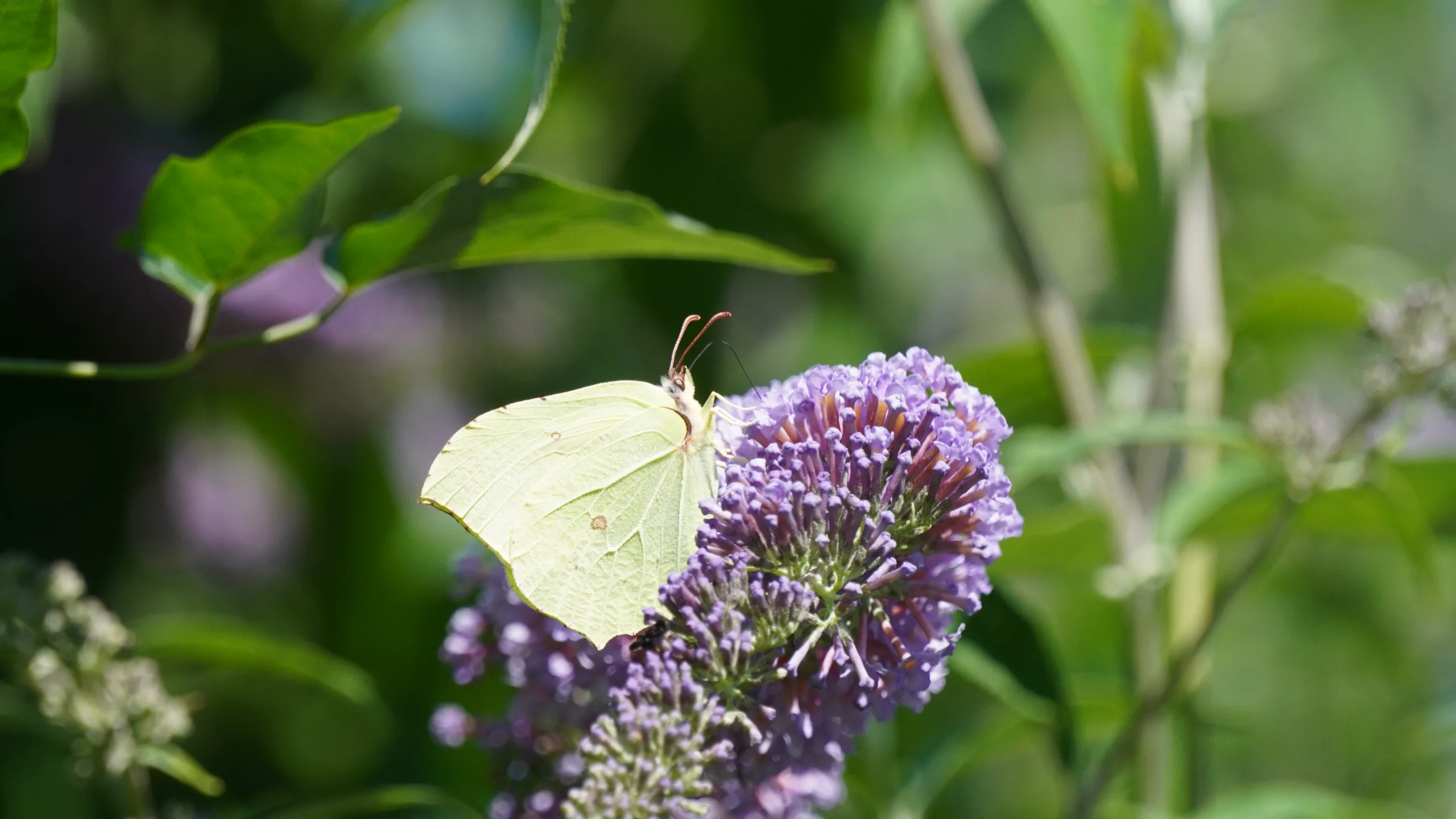Exploring the picturesque landscapes of Italy is a cherished pastime for many outdoor enthusiasts. From the rolling hills of Tuscany to the stunning coastline of the Amalfi Coast, the country's natural beauty beckons adventurers to embark on unforgettable journeys. However, amidst this breathtaking backdrop lies a hidden danger that can easily go unnoticed by the untrained eye – poisonous plants. As an outdoor enthusiast, equipping yourself with the knowledge to identify these potentially harmful flora is not just an added skill; it's a crucial aspect of ensuring your safety during your outdoor escapades.
Italy's diverse ecosystems provide a habitat for a wide range of plant species, some of which can pose a serious threat to those who come into contact with them. These poisonous plants have evolved various mechanisms to protect themselves, often through the production of toxins, irritants, or allergens. While many people are familiar with the iconic and beautiful plants that populate Italy's landscapes, such as olive trees, lavender, and sunflowers, there are lesser-known plants that demand our attention and understanding.
One such example is the notorious Giant Hogweed (Heracleum mantegazzianum), an invasive species that has made its way into Italy's countryside. With its towering height and attractive umbrella-like flowers, it might seem harmless at first glance. However, the sap of the Giant Hogweed contains phototoxic compounds that, when in contact with the skin, can cause severe burns upon exposure to sunlight. A simple brush against this plant can lead to painful blisters and long-lasting scars, making it imperative to recognize and avoid it during outdoor excursions.
Another toxic plant to be aware of is Oleander (Nerium oleander), a common ornamental shrub found in various parts of Italy. Despite its vibrant flowers and lush appearance, Oleander contains potent cardiac glycosides that can have a deadly impact if ingested. Even the smoke from burning Oleander can be toxic, causing respiratory issues and skin irritation. Recognizing this plant and steering clear of it can save lives.
To empower outdoor enthusiasts with the knowledge they need, it's essential to familiarize oneself with local poisonous plants before embarking on any adventure. Study field guides, attend workshops, and consult experts to enhance your ability to distinguish between harmless flora and potentially dangerous species. Remember that characteristics like distinctive leaf shapes, colors, and growth patterns can provide valuable clues in plant identification.
In conclusion, enjoying Italy's natural wonders to the fullest requires more than just a sense of adventure – it demands a deep respect for the environment and the potential hazards it might harbor. As an outdoor enthusiast, educating yourself about poisonous plants is a responsibility that should not be taken lightly. By equipping yourself with the ability to identify these plants, you not only ensure your safety but also contribute to the preservation of Italy's diverse ecosystems for generations to come.




